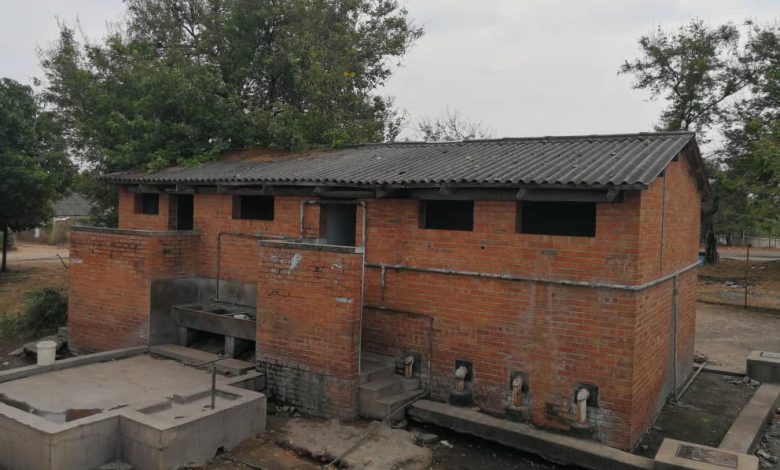Tenants cry foul as HCCL demands rentals in US dollars

By Tinashe Mungazi
Hwange Colliery Company Limited (HCCL) is on a collision course with its tenants after it started charging rentals in foreign currency amid reports that it was fundraising for its employees’ salaries.
Tenants were last week shocked to learn that the company had hiked rentals and was demanding rentals pegged in United States Dollars backdated to September.
The company which leases part of its properties that include houses, fuel stations and other immovable assets advised its tenants that beginning September it had reviewed rentals which it would be charging in United States dollars while service charges would be pegged in local currency.
The company’s corporate affairs manager, Rugare Dhobbie could not be reached for comment but an official in the Estates department who requested anonymity said the decision to charge rentals in foreign currency was in the interest of the company to make a profit as part of steps to meet salary obligations. The company recently paid 30 percent of the workers’ salaries in US dollars.
In a bid to return HCCL to profitability, the company’s board proposed to unbundle it into six Strategic Business Units (SBUs) – Hwange Colliery Holdings, Hwange Coal Mining, Hwange Plant and Equipment, Hwange Coal Processing and Cokeworks, Hwange Hospital and Hwange Properties and Estates.
“The issue is that this was a business decision informed by the fact that since the company was in operation to make a profit there was a need to review the status quo in line with the prevailing economic environment. With our economy redollarising almost everything is now pegged in US dollars and we found that charging in local currency was giving us problems as we were forced to keep reviewing the charges because of disparities. The company is in business to make a profit through its various strategic business units and currently, the Estates department has been tasked with that,” said the official.
Tenants who spoke CITE accused the coal miner of effecting the changes without due notice arguing that Covid-19 had adversely impacted them.
“I think the company failed to take into account that the impact the coronavirus had on people some of who lost jobs or a means of trading as a result of the national lockdown. Now all of a sudden deciding to charge rent in US dollars knowing that the majority of people are not being paid in foreign currency is both cruel and uncaring. How do they expect us to get that kind of money as we have been told that they will only accept US dollars as payment there is definitely no talk about an interbank related alternative,” said one resident who refused to be named.
Some tenants accused the company of milking them arguing that most of the houses were in a deplorable state.
“Most houses being leased out are in a deplorable state, the company has been failing to maintain them. If you move around you will discover that most houses have various defects such as leaking roofs, lack of water, poor sanitation facilities, broken windows and doors among other things.
Some public toilets are going for more than 5 days without being cleaned. We are at risk of contracting Covid-19 or Cholera. With such things, this becomes a disservice and does not equate with charging your tenants in forex. The company was supposed to take such things into account first,” said Langton Ndlovu.
Greater Whange Residents Trust coordinator, Fidelis Chima described the latest move by the company as insensitive and not sync with current hardships.
“Greater Whange Residents Trust is shocked but not surprised that Hwange Colliery Company has hiked rentals in USD without giving notice to residents. Colliery pays its workers meagre salaries in RTGS yet it wants poor residents to pay in USD it does not make sense.
Residents are paid in RTGS and it defies logic for a company like Colliery to demand USD. While mining companies should make profits they should also take into account the economic challenges which citizens are facing and also ensure that local communities feel that they are part of the companies,” he said.






